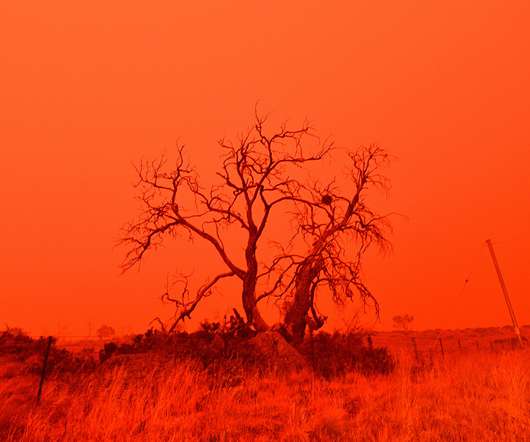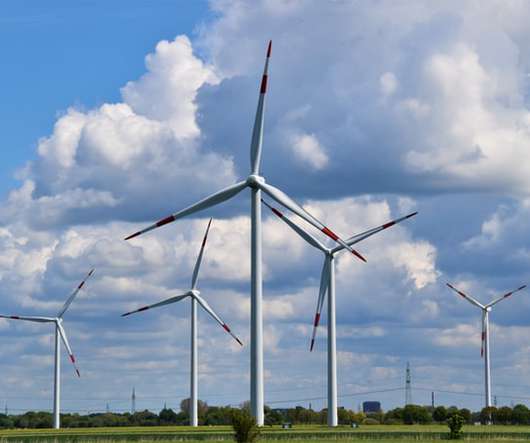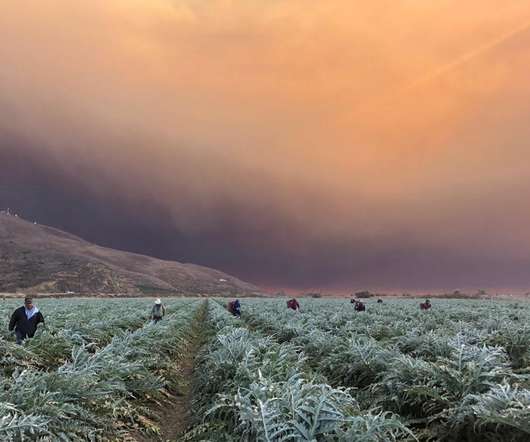Climate change fueled the Australia fires. Now those fires are fueling climate change.
Grist
JANUARY 10, 2020
Australia is in the midst of a devastating wildfire season that is being exacerbated by climate change. But the fires, which have been burning for months and could rage on for months to come, are also impacting the earth’s climate in several ways. It’s a great example of a positive feedback of climate change,” Hughes said.















Let's personalize your content